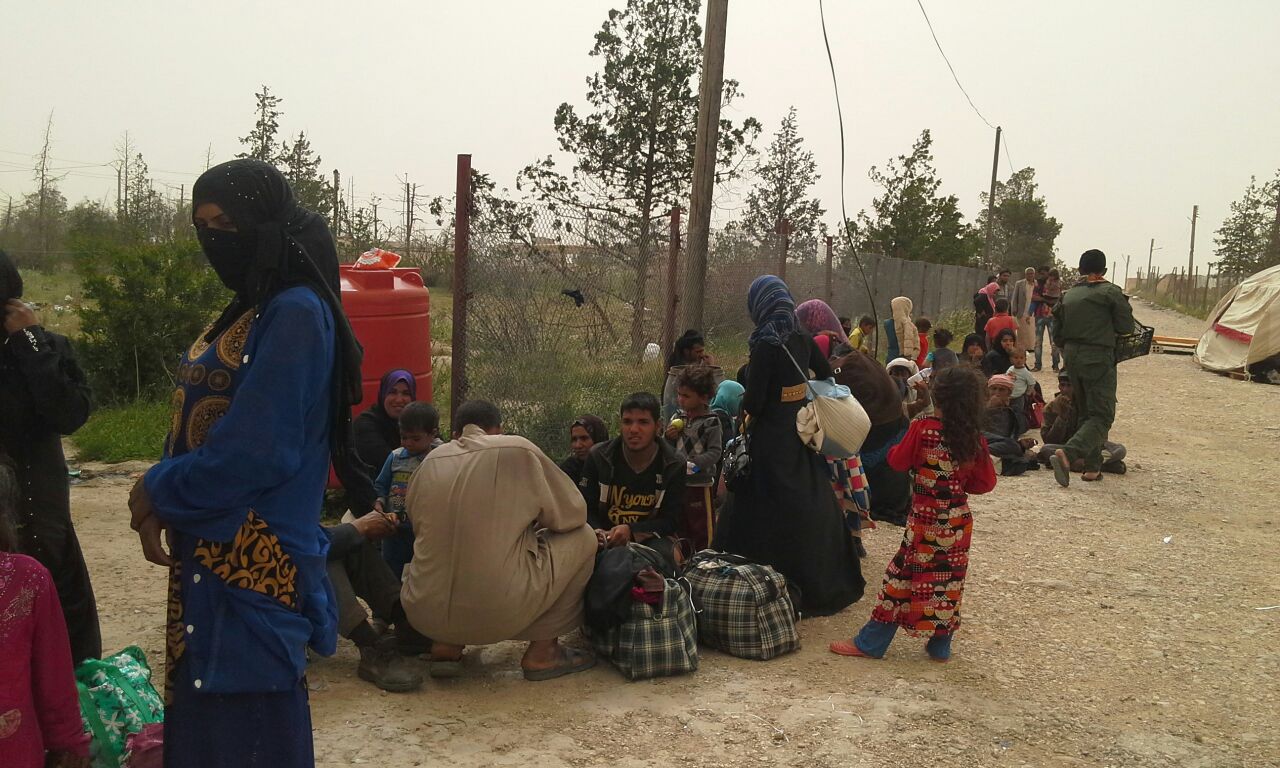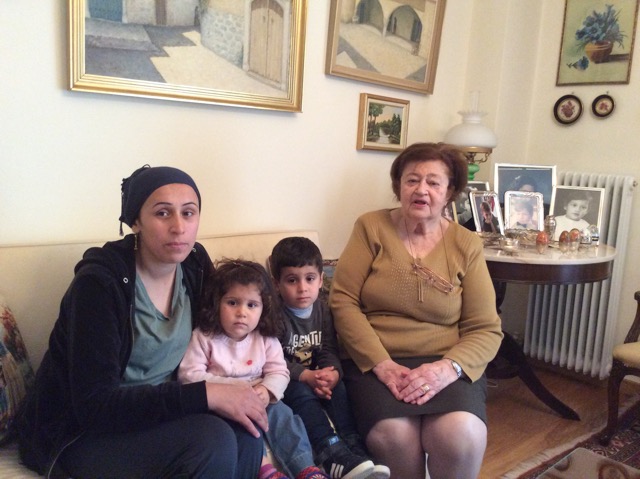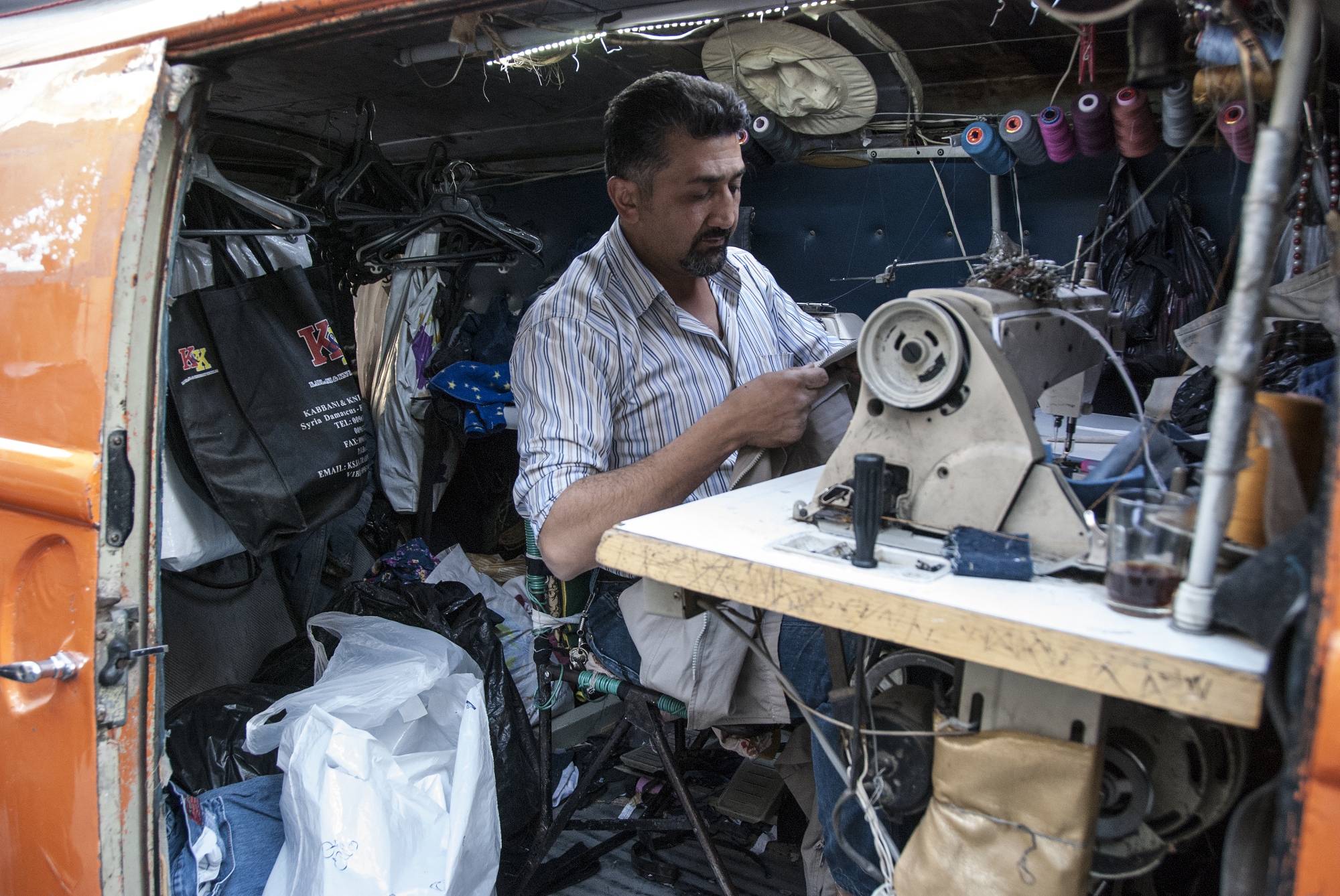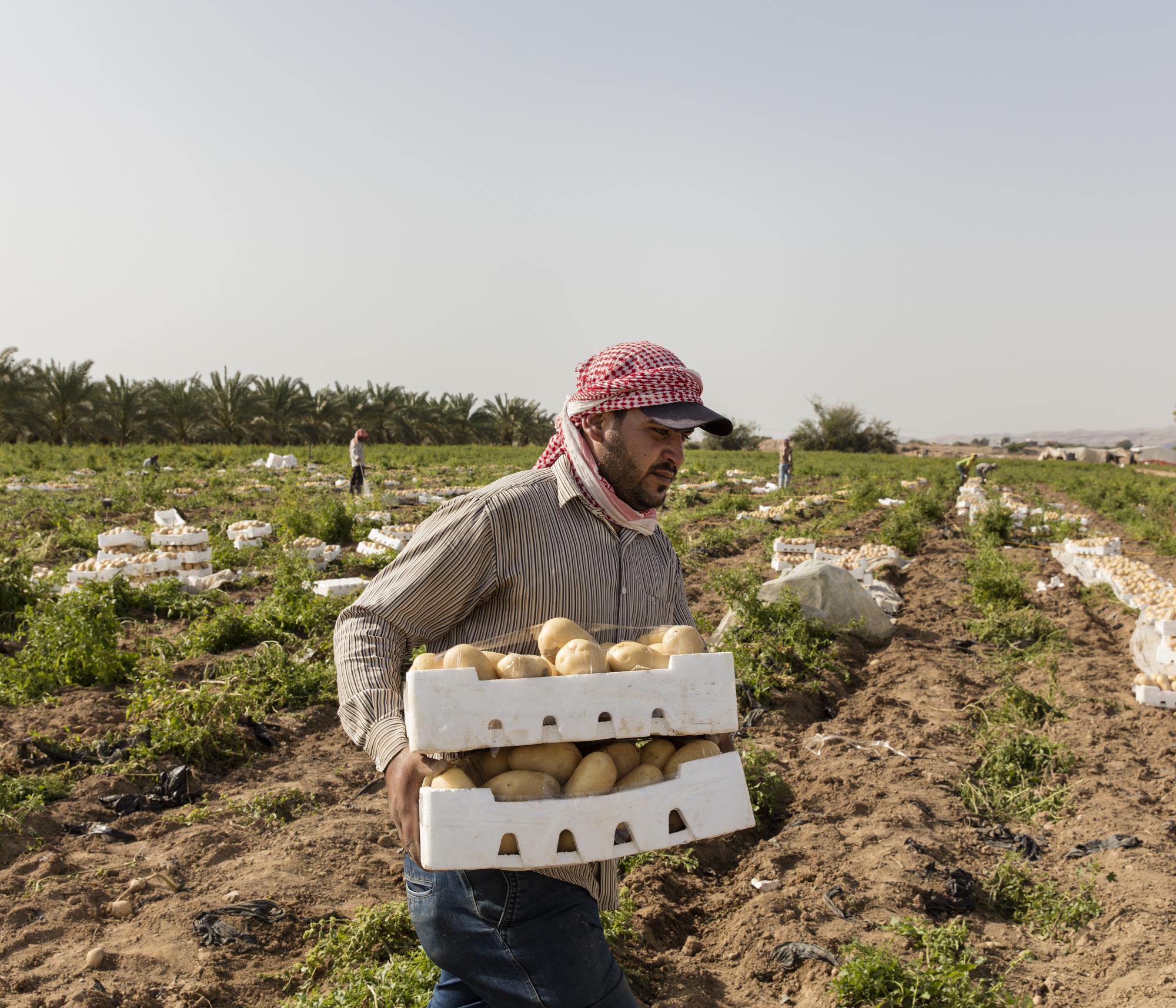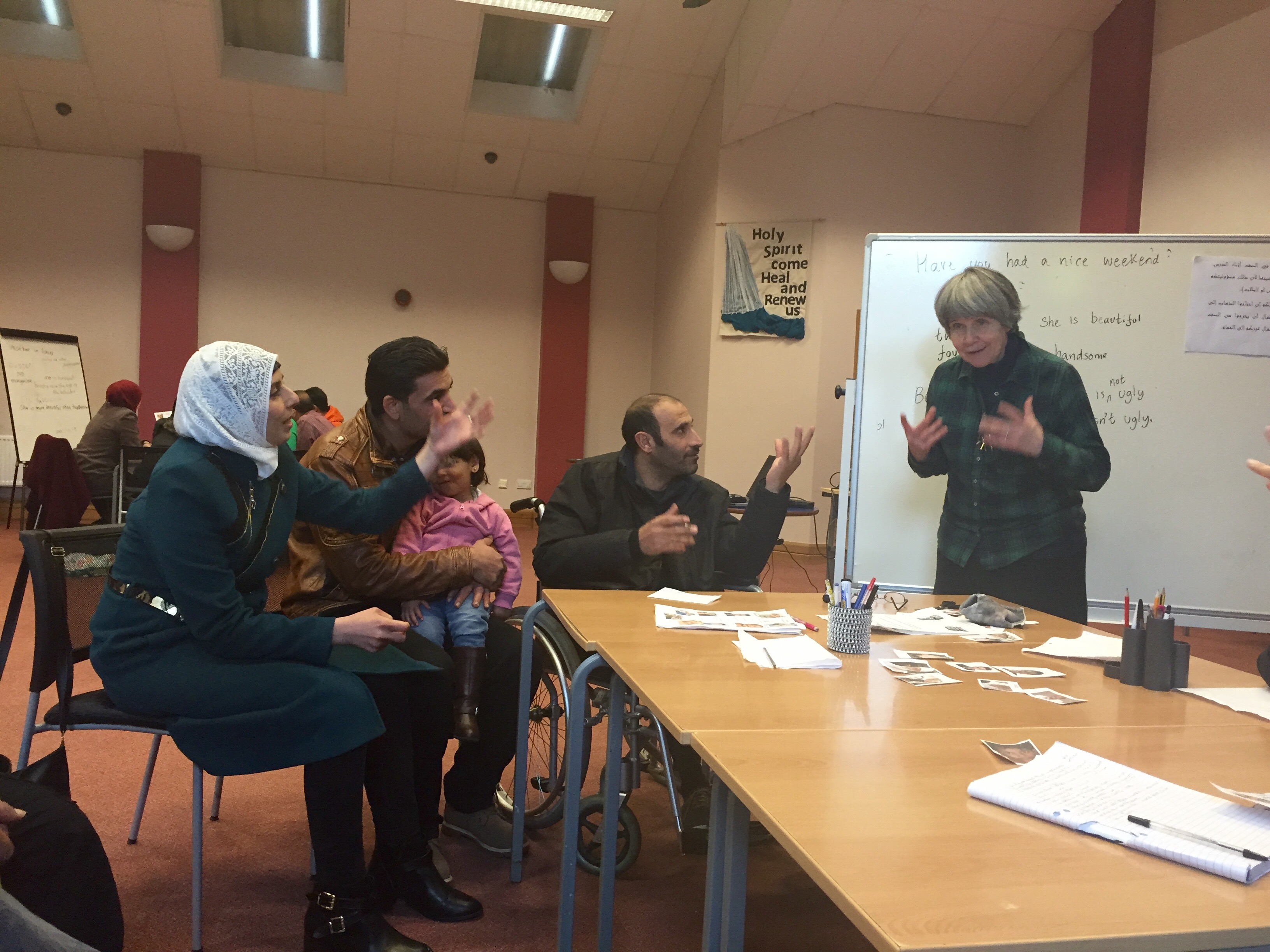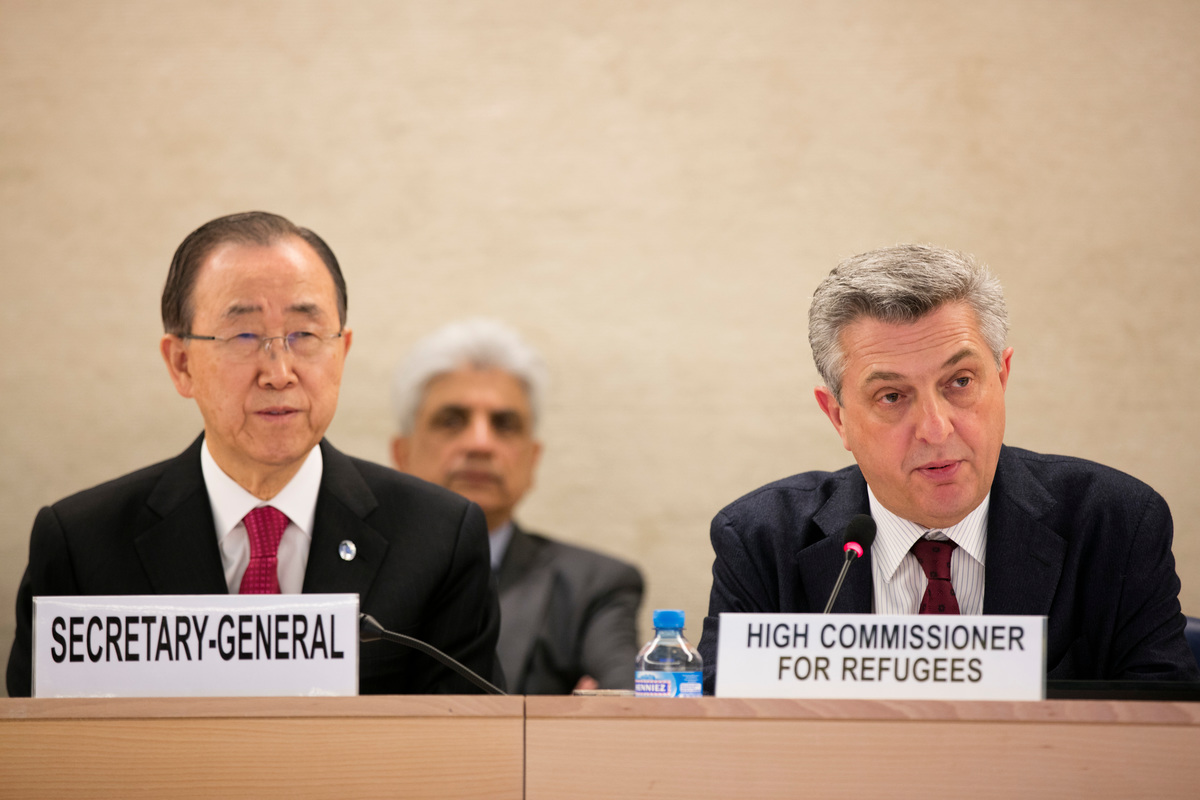UNHCR warns of dramatic consequences if funding gaps for Syrian refugees continue
UNHCR warns of dramatic consequences if funding gaps for Syrian refugees continue
Faced with continued violence in Syria and a growing refugee influx into the region, UNHCR and its partners today warned of grave risks if funding gaps are not closed and mounting refugee needs are not met.
In an updated 2014 Syria Regional Response Plan (RRP6) being formally presented in Geneva tomorrow, UNHCR and partners call on donors to fund a $3.74 billion programme across Lebanon, Jordan, Turkey, Iraq and Egypt to save lives, prevent harm, protect the vulnerable and strengthen the capacity and resilience of refugees and host communities as the crisis deepens into its fourth year.
"Failing to provide enough humanitarian support for Syrian refugees by the end of 2014 could result in dramatic consequences for refugees and the stability of the entire region, including a serious security threat to Lebanon," said UN High Commissioner for Refugees António Guterres.
"We have a situation of heightened volatility in the region, a spillover of the conflict into Iraq, and continued outflows of refugees into neighbouring countries grappling with very complex security and humanitarian issues," he said.
So far in 2014, donors have contributed some US$1.1 billion to the Syria Regional Response Plan, allowing UNHCR and its partners to meet many of the food, health, education and protection needs of refugees. But this amount represents only 30 per cent of the revised requirements against the new estimate of 3.6 million Syrian refugees in the region by the end of 2014.
Thanking donors for their generous contributions so far, Guterres warned of some of the hardships and risks facing refugees if the rate of funding does not increase quickly enough to meet mounting needs. These include:
- An increased number of women and children at risk of violence, exploitation and abuse if vulnerable people cannot be identified and supported;
- Reduced food rations and voucher values and increased acute malnutrition rates;
- Jeopardized quality of formal education and decongesting of overcrowded schools in which 350,000 Syrian children are currently enrolled in the region;
- Limited health services for refugees and their host communities, especially for women in need of safe delivery services.
- Risk that millions of already vulnerable children and families contract diarrhoea, typhoid, polio and other water-borne and contagious disease due to poor hygiene and lack of sustained access to clean water, compounded by growing water crises facing Lebanon, Jordan and Iraq.
In addition, more than 2.4 million people will need extra support to prepare for winter in the coming months while an estimated 860,000 refugees currently living outside of camps in sub-standard shelter also need more support. Already, government and communal services are under strain, threatening social cohesion and stability.
"The international community simply cannot afford to let this growing and increasingly protracted population of refugees fall through the cracks. Nor can we fail to support the countries who generously host them," Guterres said.
At present there are 2.9 million Syrian refugees registered in the region, with numbers growing at a rate of 100,000 people every month.
See also, http://www.unhcr.org/syriarrp6/midyear
For further information, please contact:
- UNHCR Geneva, Melissa Fleming, +41 79 557 9122 [email protected]
- UNHCR Geneva, Adrian Edwards, +41 79 557 9120 [email protected]
- UNHCR Geneva, Ariane Rummery, +41 79 200 7617 [email protected]
- UNHCR Geneva, Bathoul Ahmed, +41 79 255 8346 [email protected]
- UNHCR Jordan, Helene Daubelcour, +962 79 889 1307 [email protected]
- UNHCR Lebanon, Dana Sleiman, +961 3 827 323 [email protected]
- UNHCR Egypt, Marwa HASHEM, +20 122 191 2664 [email protected]
- UNHCR Iraq, Ned Colt +964 (0) 780 917 4173 or [email protected]
- UNHCR Turkey, Selin Unal +90 530 282 7862 or [email protected]

